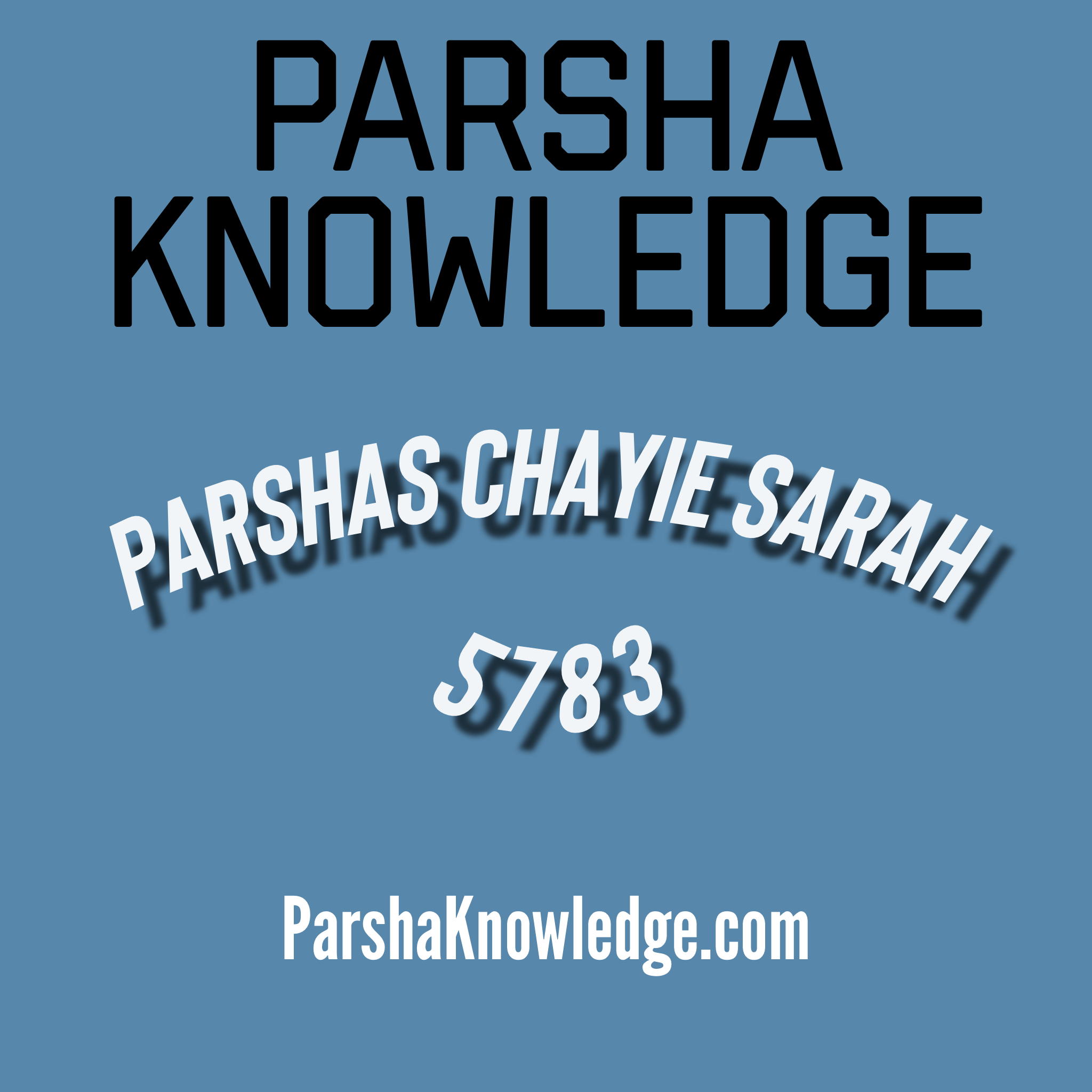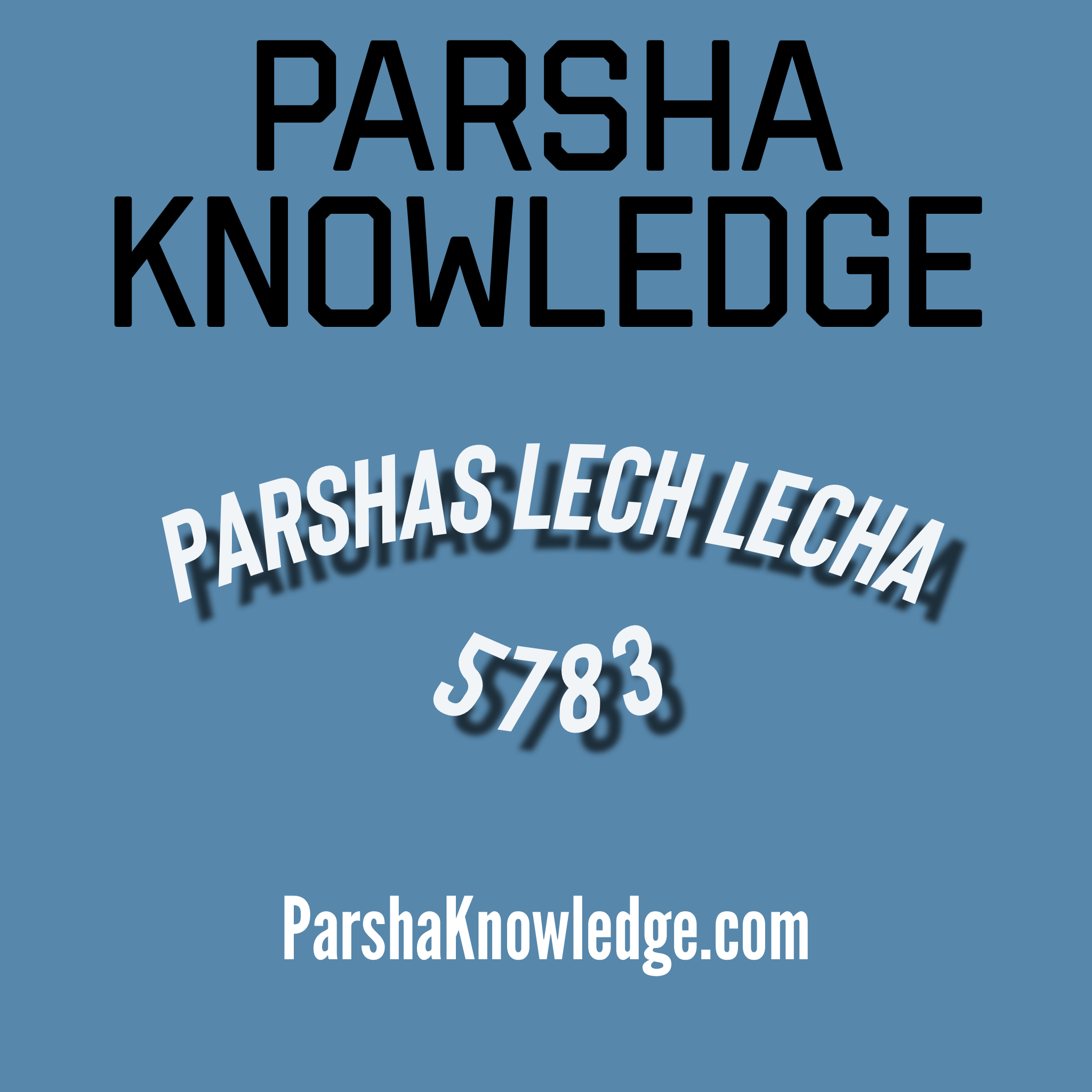And the children struggled within her…” (25:22)
Rashi cites the sages who say that when Rivkah passed by the Torah study halls of Shaim, and Aiver, Yaakov tried to come out. When she passed by places of idol worship Eisav tried to get out. The question arises: We can understand why Eisav tried to go to places of idol worship. But what about Yaakov? Before one’s birth an angel teaches him Torah in the womb. Why was Yaakov anxious to leave such a wonderful teacher?
One famous answer is that one must work hard and toil in learning whereas Torah from an angel is easy. So, therefore, Yaakov wanted to go out to the real world and challenge himself to learn. I saw another answer from Rav Pliskin shlit”a, who brings down Rav Chaim Soloveitchik zt”l who answers that if one has to be with an evil person like Eisav, it is preferable to even give up the opportunity to study with an angel. We are influenced by our friends. It is crucial to keep a distance from somone who has a negative influence on you even if it means some personal loss.
“Two nations are in your womb” (25:23)
When Rivka was confounded by her turbulent pregnancy, Hashem told Rivka that she shouldn’t be confused by the conflicting feelings in her womb. It was because she is pregnant with two different nations. The Torah deviates from standard practice and spells the word גיום, Nations (Gimmel, Yud, Vav, Mem) in a very different way. It is spelled גיים, Gimmel, Yud, Yud, Mem.
I heard from Rav Yitzchok Fingerer shlit”a, that it could be this is so because as the commentaries say, the two nations in Rivkah’s womb are an allusion to the most distinguished progeny of Yaakov and Eisav; Rebbi (Rabbi Yehuda HaNasi) and Antoninus, of Edom, Rome. Edom’s role was supposed to help the Jews and serve as facilitators for their growth in Torah. This was fulfilled in the time of Antoninus and Rebbi. Antoninus allowed and enabled Rebbi to complete the entire Mishna in peace.
The reason why the Torah wrote the word גיים instead of the word גיום is may be because the word גיים is Gematria 63, the exact number of tractates in the Shisha Sidrei Mishna, the Six Orders of Mishnah; the Oral Law!
In addition, it has been suggested that the letters Gimmel and Yud in גיים stand for The Thirteen Principles of the Oral Law. And the letters Yud and Mem stand for the ים התלמוד, the sea of Talmud.
For a PDF click on the link below
https://c7534c.p3cdn1.secureserver.net/wp-content/uploads/2022/11/toldos.pdf








